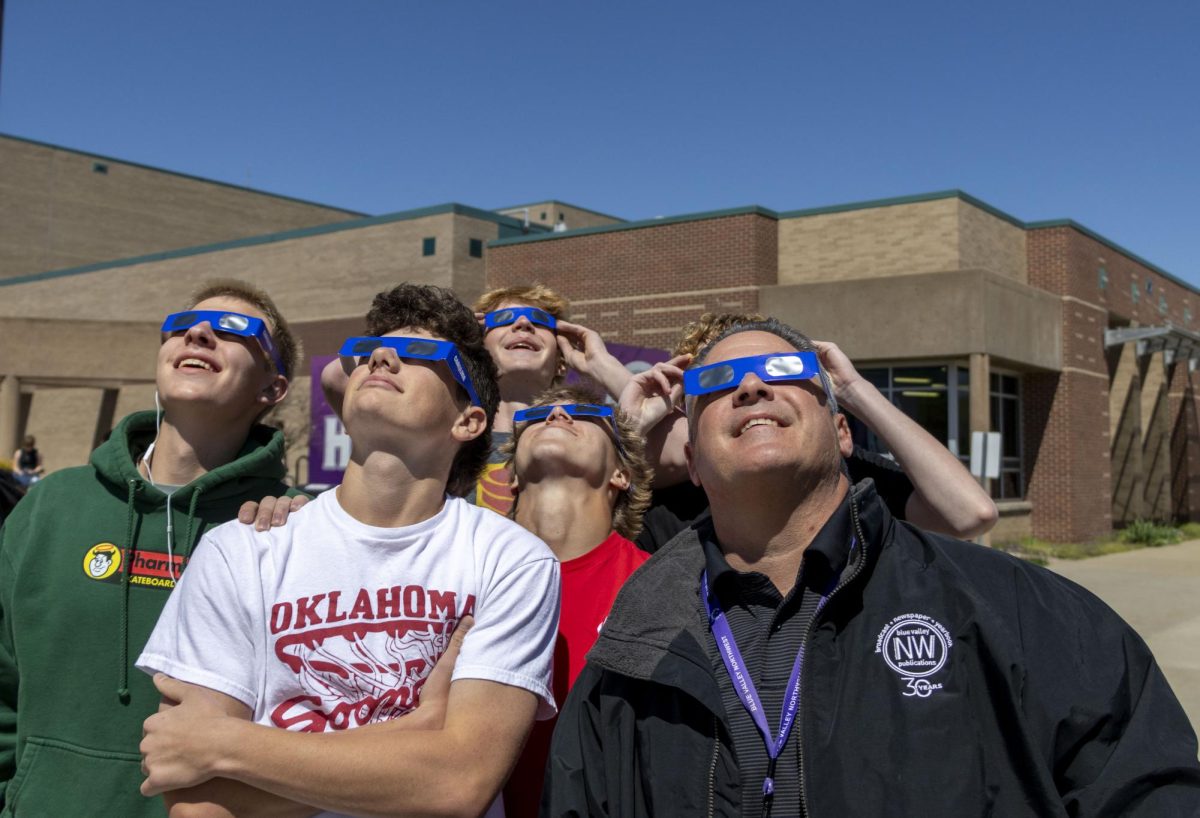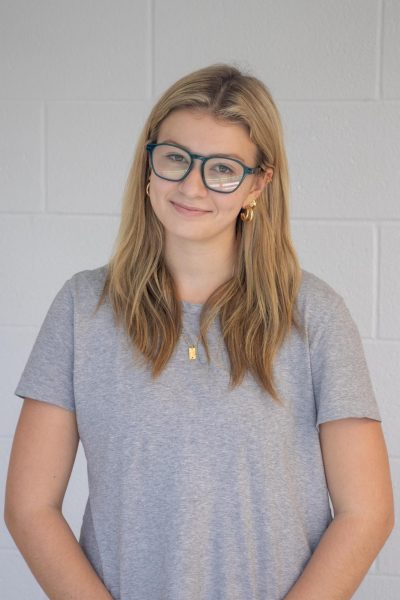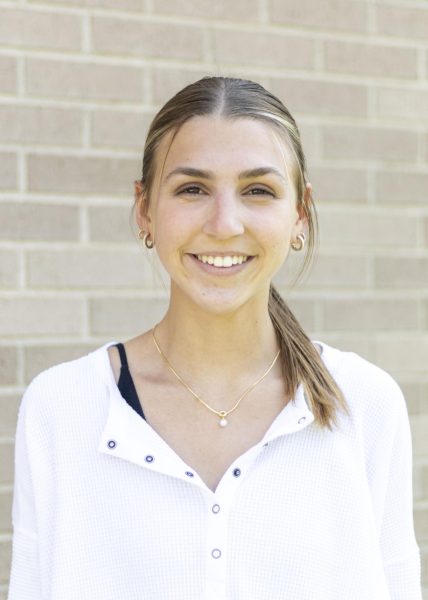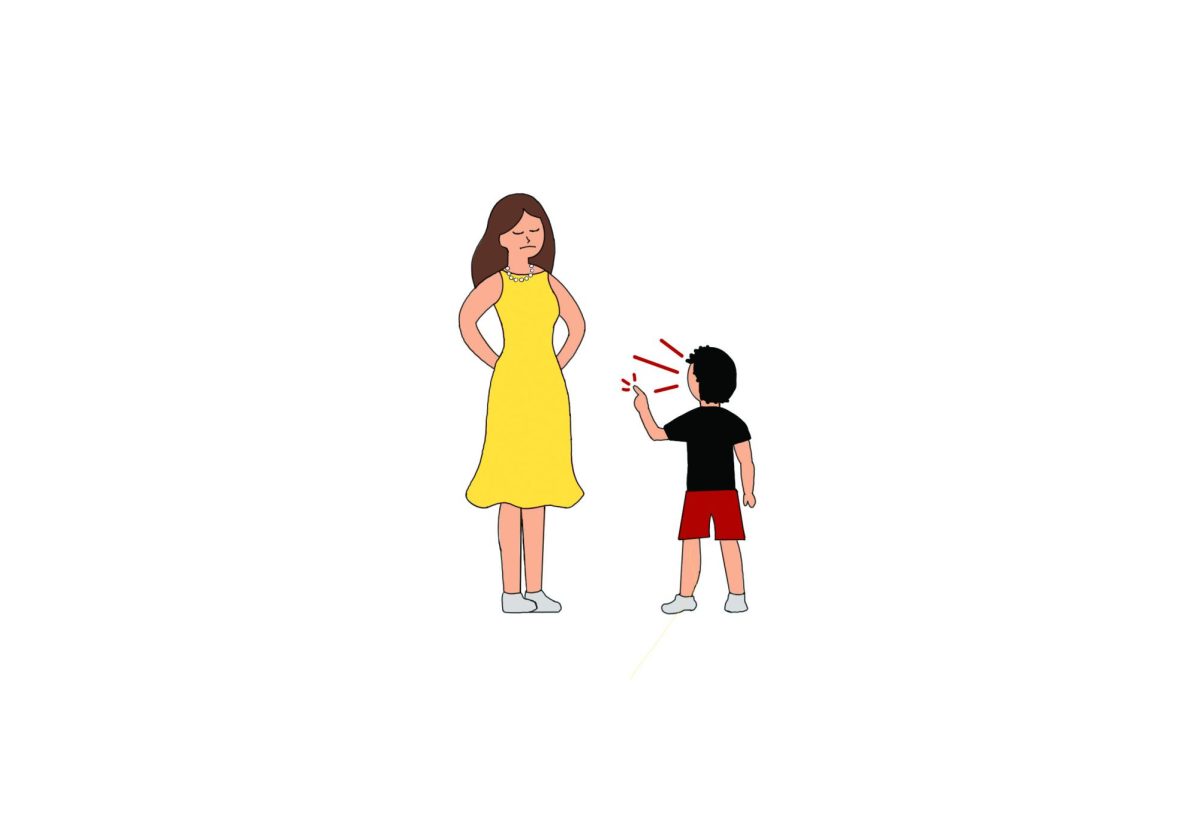For the first time in seven years, a total solar eclipse passed through parts of North America on Monday, April 8. A partial solar eclipse could be seen in the Kansas City area. To be able to view the event, Northwest students had a modified schedule and could choose to go outside while it was occurring.
According to NASA’s website, a partial solar eclipse occurs when the moon passes between the Earth and the sun, but the moon is still far enough away that its shadow does not cover the sun entirely. This causes the sun to look like a crescent shape when viewed with safe solar viewing glasses.
In portions of Texas, Oklahoma, Arkansas, Missouri, Illinois, Kentucky, Indiana, Ohio, Pennsylvania, New York, Vermont, New Hampshire, and Maine, the moon’s inner shadow covered some areas completely, causing a total solar eclipse. This total eclipse will also pass through parts of Canada and Mexico.
In Overland Park, the moon covered 89.7% of the sun at approximately 2 p.m. Junior Riley Simmons said it got cooler and darker outside as the sun became further obstructed. She said she viewed the eclipse at the Arboretum with her family and had a good experience.
“I was wowed,” Simmons said. “The temperature drop, the colors changing in the sky, it was just an amazing experience.”
Sophomore Sama Salim said she enjoyed being able to watch the eclipse with her friends.
“It was interesting, I would rate it a 10 out of 10 experience,” Salim said. “Top 10 experiences of my high school career so far. I loved seeing it through the glasses.”
All of the students and staff were provided with disposable glasses to protect their eyes during the eclipse. Salim said that students should be careful when viewing the event, so she kept her glasses on the entire time
“If you look at it without your glasses, your pupils will dilate to allow more light in, and then there will be more sunlight hitting your pupils so it’ll damage your eyes,” Salim said.
A total solar eclipse that will be viewable in the contiguous United States is not expected to occur again until 2044.






